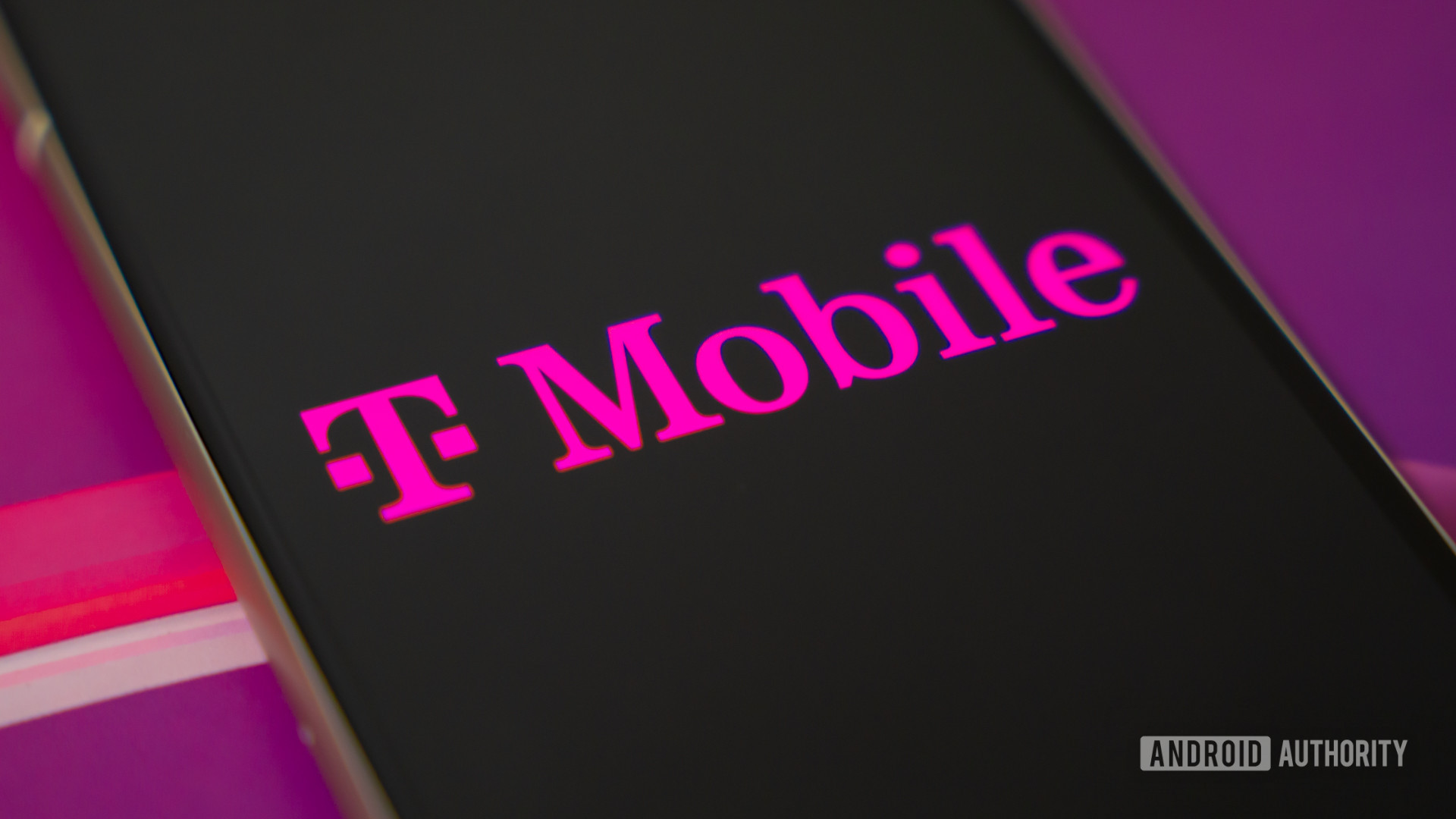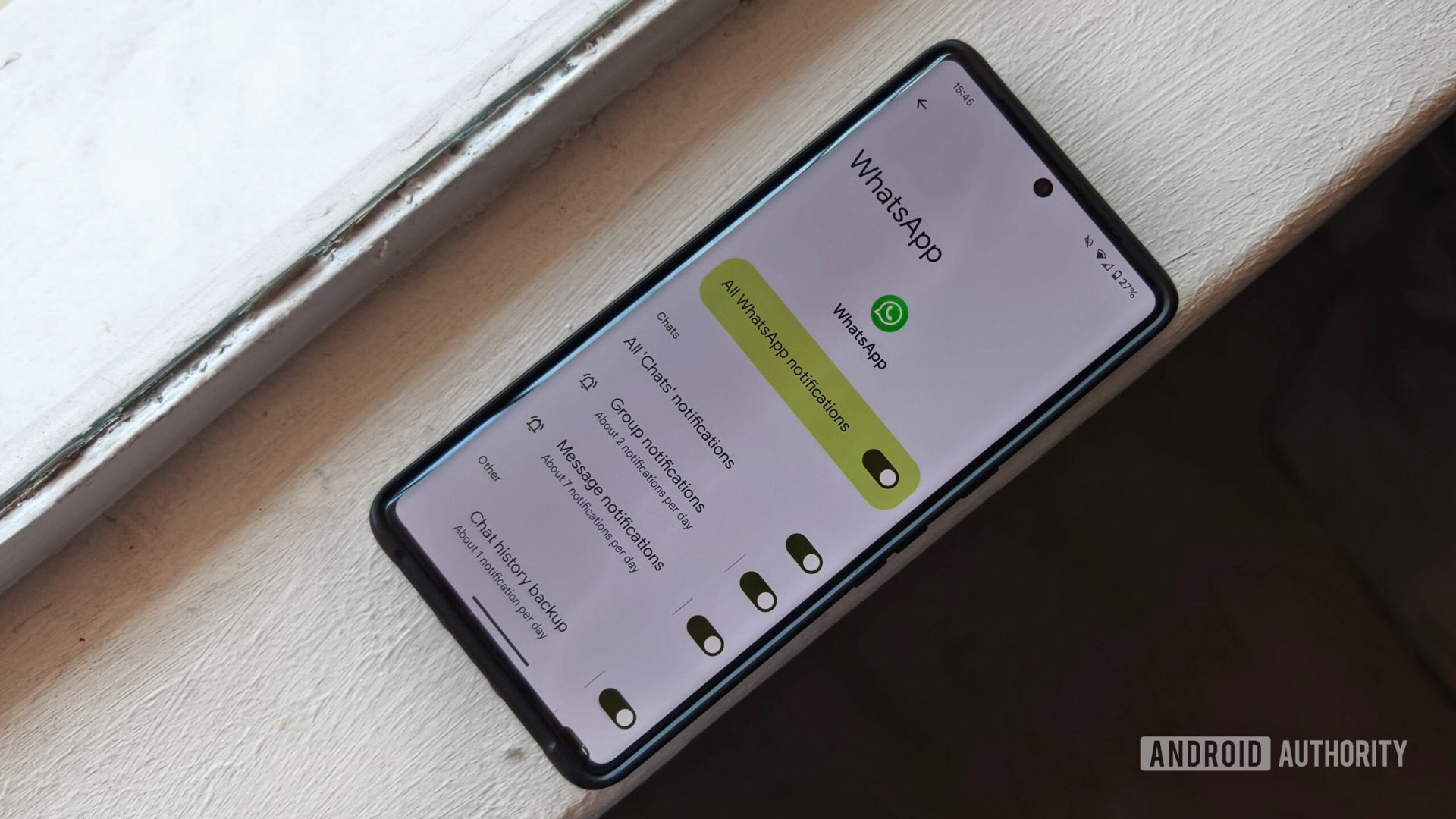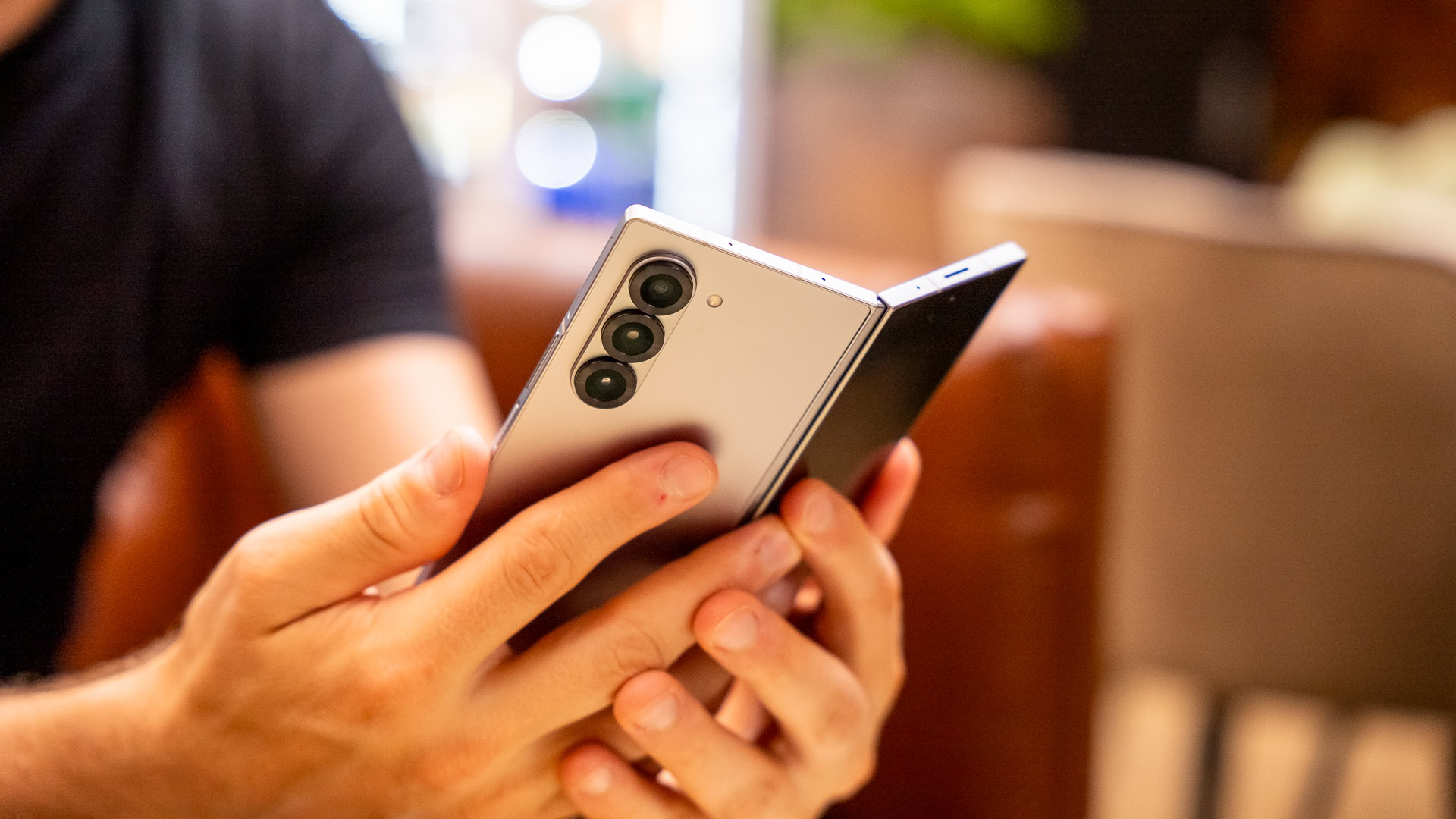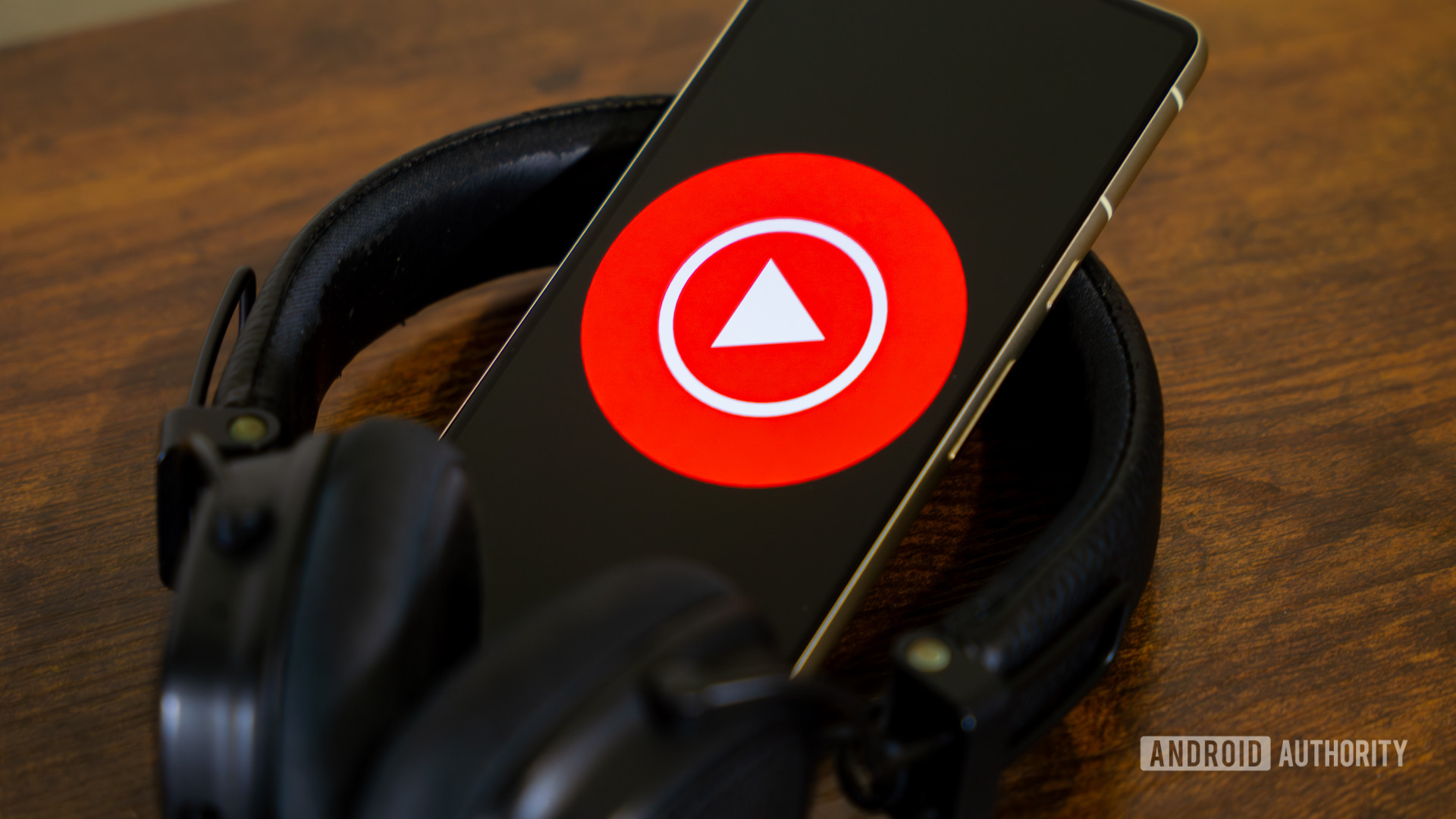
Edgar Cervantes / Android Authority
TL;DR
- AT&T has brought a Fast-Track SWIFT challenge against T-Mobile’s “Top Three Plays of the Day” commercial.
- The challenge claims that the commercial is misleading.
- The National Advertising Division is now asking that T-Mobile stop airing the commercial or modify it.
There are no laws against bad commercials, but there are laws against commercials that present misleading information. AT&T believes that one of T-Mobile’s latest commercials falls into the latter. Now the Better Business Bureau’s (BBB) National Advertising Division (NAD) is asking T-Mobile to stop showing the commercial or modify it.
You’ve probably seen it by now, but T-Mobile has been airing a commercial called “Top Three Plays of the Day.” The commercial in question features Twitch personality Kai Cenat, NFL quarterback Patrick Mahomes, and Snoop Dogg. In the TV ad, Snoop Dogg says, “Now at T-Mobile.com get the new iPhone 16 Pro ON US and families can save 20% every month versus the other big guys.”
This free iPhone 16 Pro plus 20% savings statement appears to have caught the eye of AT&T. According to the BBB, AT&T has submitted a Fast-Track SWIFT challenge, claiming that the commercial is misleading. For those who are unfamiliar, a Fast-Track Swift challenge is an expedited process for single-issue advertising cases meant to address simple concerns that don’t require a review of complex evidence. It appears the NAD agrees with AT&T’s argument and is asking T-Mobile to discontinue or modify the commercial:
NAD determined that T-Mobile’s advertising reasonably conveys the message that consumers who choose T-Mobile will receive both a free iPhone 16 Pro and save 20% versus AT&T and Verizon. NAD found this broad message was not properly qualified by the on-screen disclosures and recommended T-Mobile discontinue or modify the advertising to better disclose the material conditions of each offer.
What does this mean for T-Mobile? If T-Mobile agrees to stop airing the commercial or modifies it, nothing will happen and the case will be closed. Conversely, T-Mobile would have to answer to the Federal Trade Commission (FTC) if it decides not to comply.
It looks like T-Mobile is challenging the ruling stating it’s “disappointed with NAD’s decision in this case.” The carrier is now appealing the decision to the National Advertising Review Board (NARB).
Got a tip? Talk to us! Email our staff at [email protected]. You can stay anonymous or get credit for the info, it's your choice.








 English (US) ·
English (US) ·